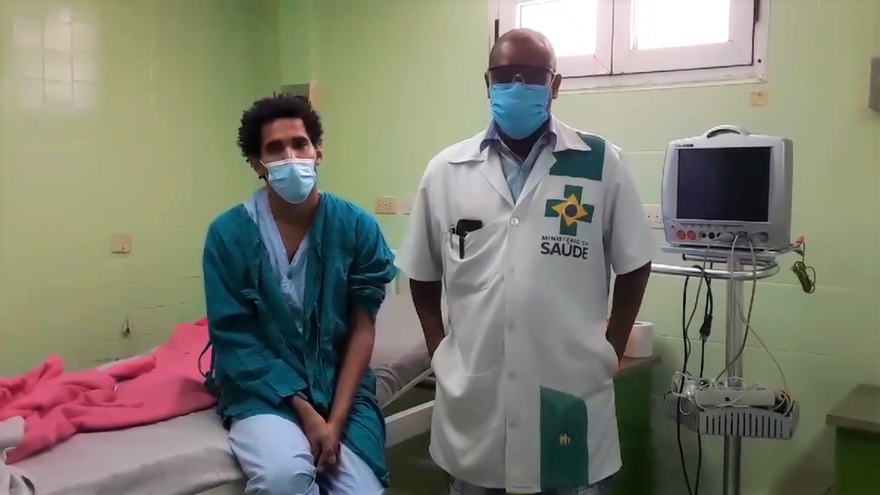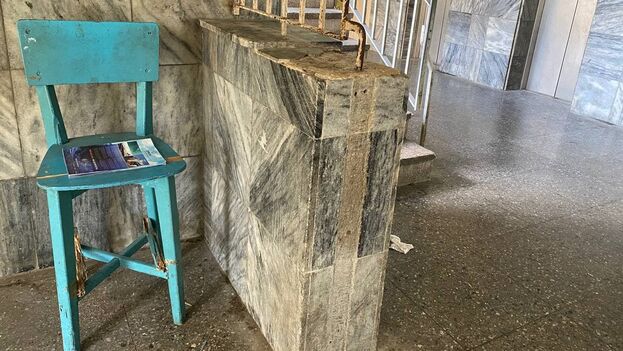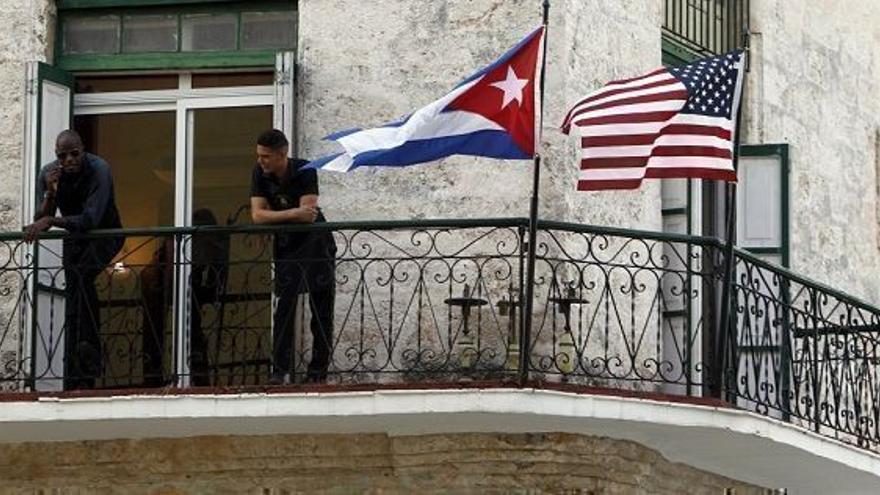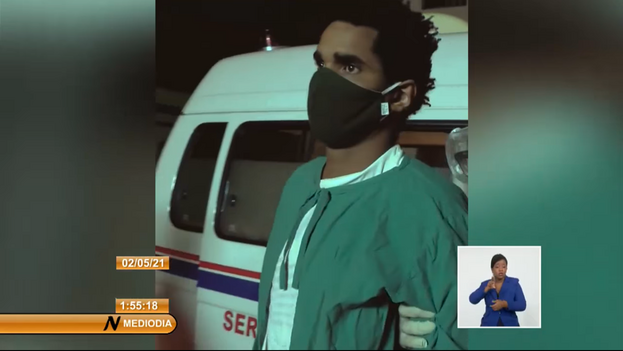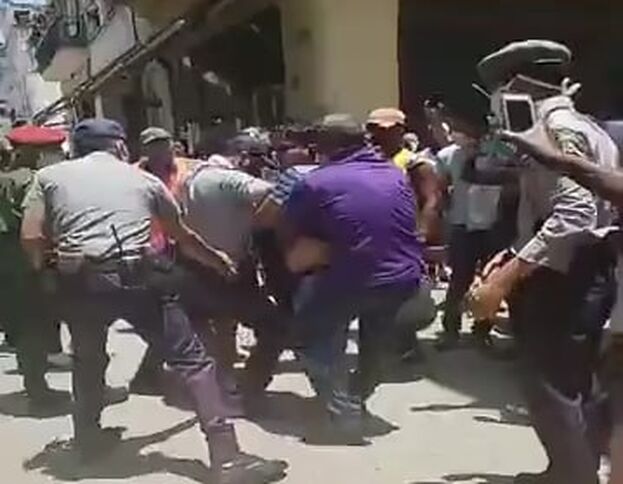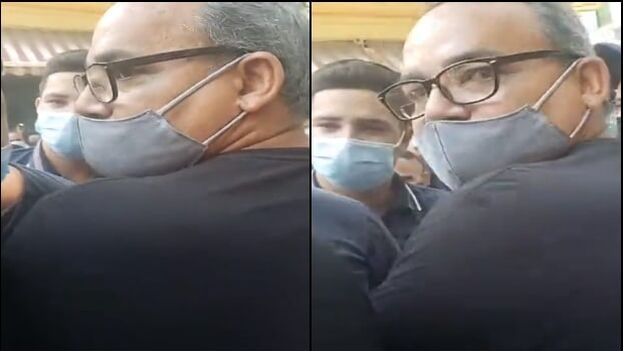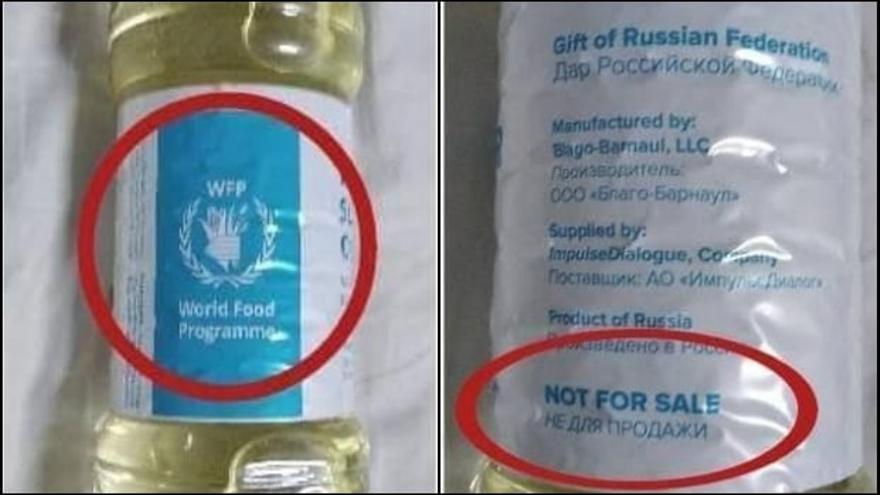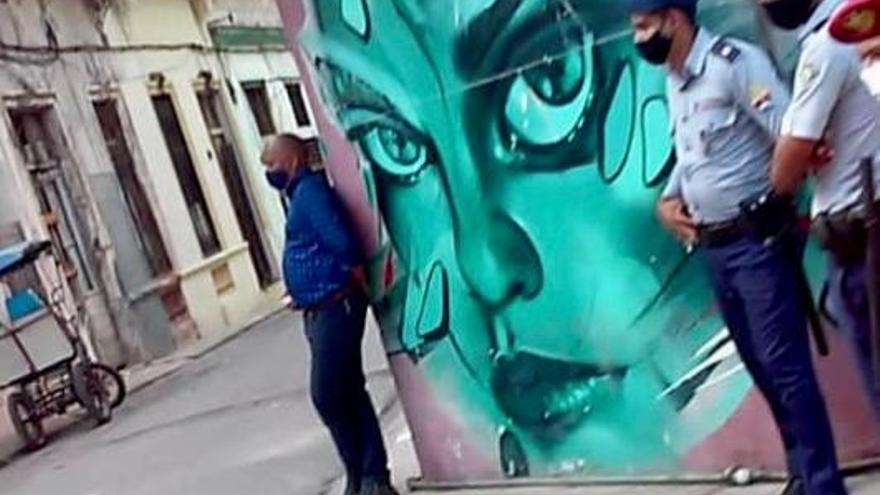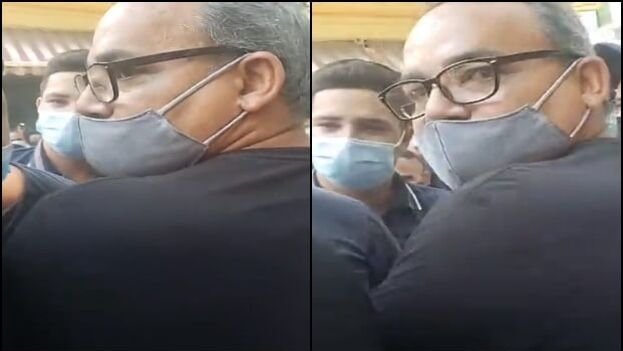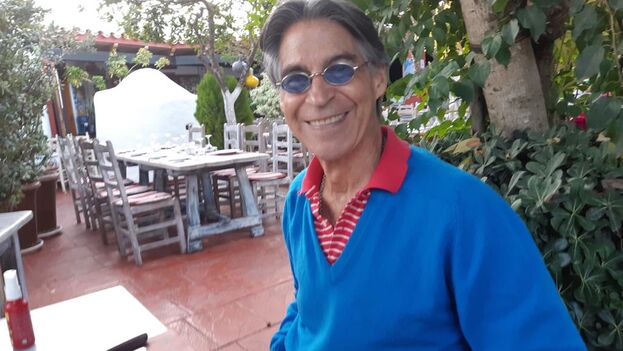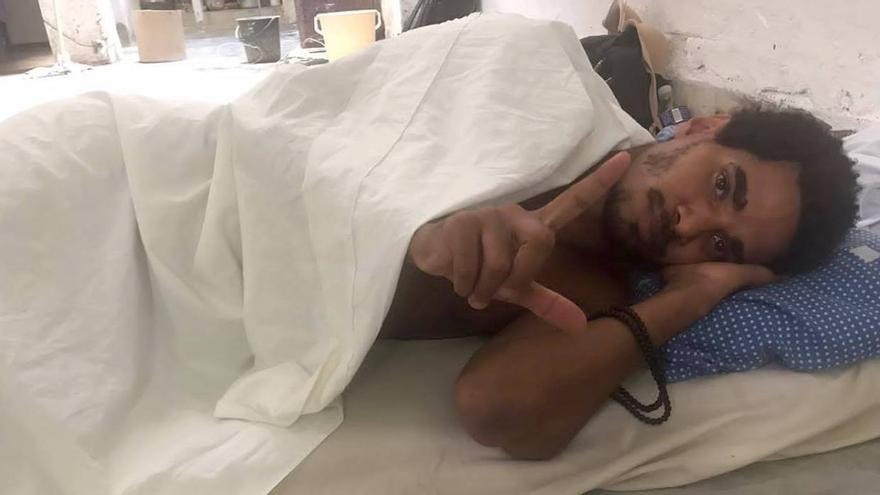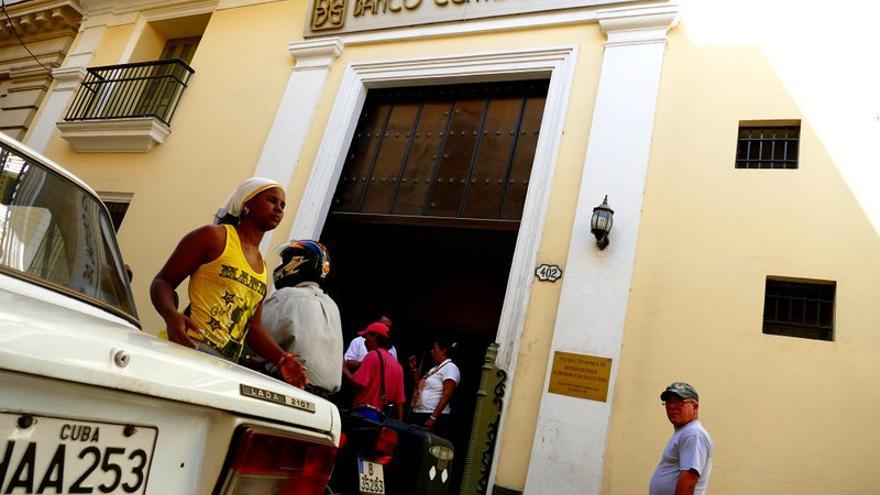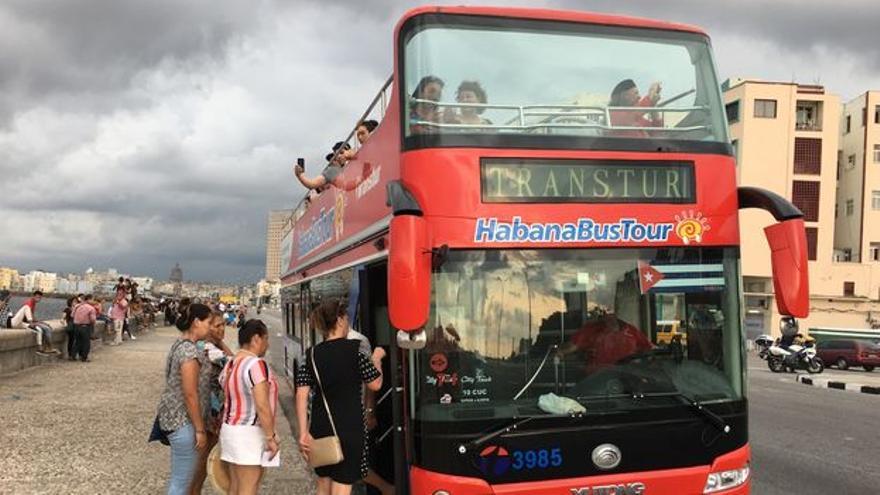In it, he faces, with unresolved doubts, the figure of Fulgencio Batista, for whom he asks a fair trial. “My father, a politician, had his virtues and his mistakes,” writes his son in a passage. “He came out of nowhere and, with enormous efforts, knew how to excel to reach unsuspected heights and, without a doubt, had to make decisions and execute debatable and disputed actions.”
For this reason, he reflects, “there is no choice but to obey the constitutional writings. This is where the political maturity of the peoples is demonstrated. My father failed to fulfill this purpose and his error took a heavy toll.”
My father’s government, in its last stages, turned Cuba into the third economic power in America at that time, that must be acknowledged
Yaiza Santos: Regarding these issues, you make it clear in the book, you did not discuss them with your father, despite the fact that he died when you were already a 26-year-old adult.
Roberto Batista: Since I left Cuba on that fateful night of 30 December 1958, which I describe in the book, I suffered a shock that prevented me from talking about Cuban issues until 1998. And I remember this date: it was a night I stayed working until very late, and it came to me as an inspiration: why can’t I talk about Cuba, why can’t I learn about my country, why can’t I review the history of those turbulent years? My father did try to tell me things frequently, but I did not respond to his desire to continue the conversation.
He did tell us one thing very clearly: that he had written the books he wrote in exile for a reason, because those books pick up truths and historical facts, many of them based on international statistics. My father’s government, in its last stages, turned Cuba into the third economic power in America at that time, that must be acknowledged.
In my eyes, my father’s government had two stages: from 1952 to 1954, after the coup, he was a dictator with absolute power. However, in 1954 they elected him president, and although it is true that the opposition did not participate in the elections, there were senators and representatives of the opposition in the Cuban Chambers, and he reestablished the Constitution of 1940 with all the necessary guarantees. That is acknowledged. It was in this very fruitful period that he launched Cuba into its greatest known prosperity.
Yaiza Santos: You do not shy away from controversy. For example, regarding Batista’s alleged corruption, you concede: “Did he abuse power so much, embezzle public money? Corrupt, tyrant? My son’s heart makes me think that, at home, he was a great father, understanding, home-loving and very tender. However, his inner strength could have played a trick on him and he perhaps went beyond the limits of what was constitutionally allowed.”
Roberto Batista: My father was a born entrepreneur, a man of great inner strength, and this led him to commit that coup. Sometimes the boundaries were crossed, but it must be taken into account that, in that Cuba, there were very disturbing elements, sabotage in the cities, attacks, an opposition that continuously advocated against the Government, so a completely desperate public order was created. In a Cuba that had practically already entered a civil war, outrages were committed on both sides. But it was never true, as Bohemia magazine went on to say and later denied, that my father had caused 20,000 deaths. Between one side and the other, no more than a thousand deaths were caused, and that too is proven.
The public figure of my father has been 80% or more a product of Castro’s propaganda. Therefore, there are lots of lies
Yaiza Santos: You are also very emphatic about the accusations of collusion with the mafia. You say: “There is no evidence.” But of course, there is the image installed in the collective imagination, to a great extent by films like The Godfather.
Roberto Batista: My father’s public figure has been 80% or more a product of Castro’s propaganda. Therefore, there are lots of lies. What’s more, there is academic work by a history professor at a New Jersey university that proves that Batista had nothing to do with the mafia. This Hollywood fiction gave rise to interpreting my father in a way that suited them, because Castro’s propaganda was very good at creating the image of Batista the mobster. It is another fallacy of the many that have been alleged about my father.
And you see, I am not a son who says “my father was perfect”; he was a president, a politician, a military man who had lights and shadows, and who, in his family environment was a didactic, noble, affectionate, sweet father, and who also knew how to command. He would look at you and you already knew perfectly well what you had to do; he didn’t need to raise his voice or wave his hands or anything like that. Quietly, one look, and everyone at peace.
Yaiza Santos: You tell of a happy childhood until the night you had to leave Cuba. From that point, it is very well described, it was a shock for an 11-year-old boy to receive attacks that he did not know how to interpret very well. The deterioration is reflected very well in this phrase: “We must remember that, at that time, people were not speaking to us.” How long did you have this feeling in exile?
Roberto Batista: Quite a long time. In the confusion that was that departure from Cuba, which my father had planned only two or three days before but that very few knew about, people turned against us, and many, who were our supporters or friends, even very close friends, turned their backs on us. Those who previously organized banquets or tributes to my father as good friends, would later meet my mother in the elevator of a New York hotel and not greet her. That anguish stayed with me in my late teens and youth for many, many years. About ten years after leaving Cuba, things began to soften and people treated us differently. For example, when we arrived in Spain in the sixties, although I suffered a lot, we could enjoy a more acceptable life. But it is a wound that never healed and will remain there until I die.
Those who previously organized banquets or tributes to my father as good friends would later meet my mother in the elevator of a New York hotel and not greet her
Yaiza Santos: The trauma affected your most intimate life. Exposing that masculine frailty, the way you do in the book, is not typical of men, in general.
Roberto Batista: It is very painful for me to have to verbalize what you are mentioning. I better refer you to Son of Batista, where it is well described.
Yaiza Santos: Going back to your life in Madrid, it will shock people that even in Franco’s Spain you suffered from finding hostility towards your surname, especially at the university, where you even avoided certain professors who were communist sympathizers.
Roberto Batista: I was not a run-of-the-mill student: I had a political surname, in addition, adulterated, well-worn and threadbare, exposed to all kinds of lies. I also have to say that, at the Law School [of the Complutense University] I made great friends, and also at the Pre-university before then, and they had the sensitivity and respect not to mention the subject of Cuba. Because any Cuban accent on the street, any question about Cuba, threw me into a state of mind and physicality that sometimes even made me shake. For the rest, I have many anecdotes from that time. A very curious one that no one knows and I did not include in the book is the one when we were just onlookers at a university protest, in the second year of my degree studies, a friend and I ended up being arrested by The Grays (Franco’s police) and were held in the dungeons of La Puerta del Sol*.
Yaiza Santos: And how did you get out of there?
Roberto Batista: It so happens that my friend had relatives at that time who were close to the ministerial leadership – I am saying it as best I can so as not to compromise anyone – who showed up and took us out after midnight. We had been there since one in the afternoon.
It was very painful for him to ponder how that country, which could host so many people of ideology contrary to American democracy, would not grant him the respect he deserved
Yaiza Santos: Another funny anecdote is that you had to renounce your American citizenship to avoid being drafted and sent to Vietnam in 1966.
Roberto Batista: It wasn’t remotely funny, but very painful for me. After that, I was stateless for many years, something that differentiates you from ordinary mortals.
Yaiza Santos: How many years were you in that condition?
Roberto Batista: Until 1975, when I acquired Cuban citizenship for a few years. Later, I became a Spanish citizen in 1985.
Yaiza Santos: It is often said that “Fulgencio Batista was a puppet of the United States,” but he died without the United States granting him a visa.
Roberto Batista: A person who not once, but twice, was received by President Roosevelt, in ’38 and ’42, and who, throughout his entire political career, sided with the United States, without allowing, however, for them to have interference in Cuba… It was very painful for him to ponder how that country, which could host so many people of ideology contrary to American democracy, would not grant him the respect he deserved.
Yaiza Santos: What would the Cuban exile have to do to help Cuba to have democracy?
Roberto Batista: You ask me a political question and I am not a political scientist, although I try with all my might to follow Cuban news as frequently as possible. It is already known that the exile today is not the exile of 1959 or that of the 70’s, 80’s or 90’s. It is a very different exile, with very conflicting tendencies, and I do not see that it is a political force important enough to achieve change in Cuba.
I believe in the new Cuban generations, and I hope that those who have remained after this “geriatric” congress, as Yoani Sánchez aptly named it, will be brave enough to lead Cuba to a reform
I believe in the new Cuban generations, and I hope that those who have remained after this “geriatric” congress, as Yoani Sánchez aptly named it, will be brave enough to lead Cuba to a reform. The new generations have bravely faced power, and the power ignores them, but at least they have had no choice but to listen to them.
Yaiza Santos: You refer to the San Isidro Movement, to the 27N …
Roberto Batista: Of course, of course. I have great faith in the new generations, and I believe that the San Isidro Movement is very important, just like the Patriotic Union of Cuba, with its hunger strikes. They all deserve my highest respect, my sympathy and my support for the great heroic work they are doing.
Yaiza Santos: Why is communism still being respected?
Roberto Batista: That is believed by fools. After seeing the horror of Cuba, 62 years of a totalitarian, repressive and cruel dictatorship, plus Maduro’s Bolivarian Bolsheviks, who can believe that communism can be something beneficial for a country, since the only thing it brings is misery and lack of respect for others? As much as they camouflage things, at the moment of truth they are regimes called to the most absolute failure.
Yaiza Santos: Would you go back to Cuba?
Roberto Batista: Only when the time comes, when human rights are respected and there is a liberal Constitution based on democratic principles, with its separation of powers, executive, legislative and judicial. If there are guarantees to return, I would return with great pleasure. I am looking forward to doing it, and so are my children.
*Translator’s note: La Puerta del Sol (Gate of the Sun) is a public square in Madrid, one of the best known and busiest places in the city, Kilometer 0 of the radial network of Spanish roads.
Translated by Norma Whiting
____________
COLLABORATE WITH OUR WORK: The 14ymedio team is committed to practicing serious journalism that reflects Cuba’s reality in all its depth. Thank you for joining us on this long journey. We invite you to continue supporting us by becoming a member of 14ymedio now. Together we can continue transforming journalism in Cuba.
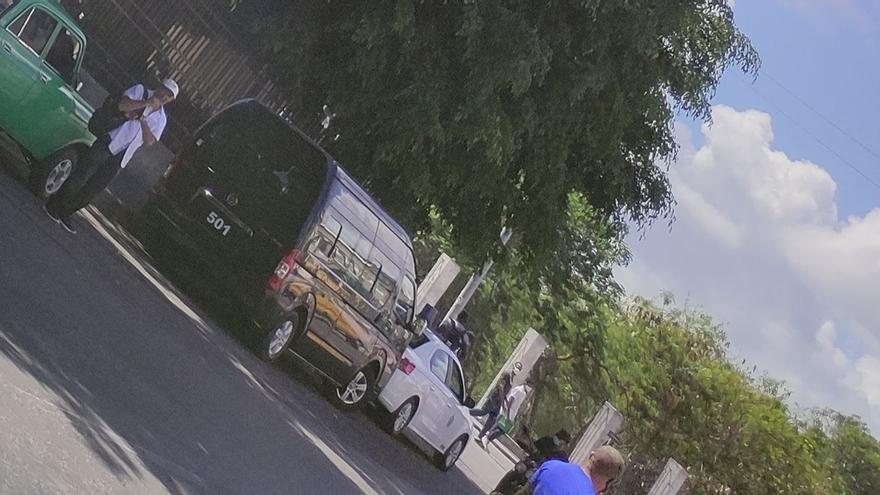
![]() 14ymedio, Juan Diego Rodriguez, Havana, 4 May 2021 — A strong security operation guards the entrances to the Calixto García hospital, in Havana, where the Cuban authorities have isolated artist Luis Manuel Otero Alcántara since he was forcibly taken from his home last Sunday to force him to suspend the hunger strike and thirst started a week before.
14ymedio, Juan Diego Rodriguez, Havana, 4 May 2021 — A strong security operation guards the entrances to the Calixto García hospital, in Havana, where the Cuban authorities have isolated artist Luis Manuel Otero Alcántara since he was forcibly taken from his home last Sunday to force him to suspend the hunger strike and thirst started a week before.


